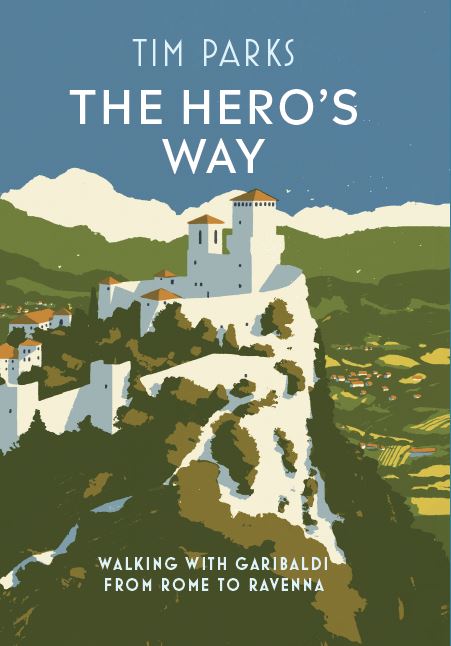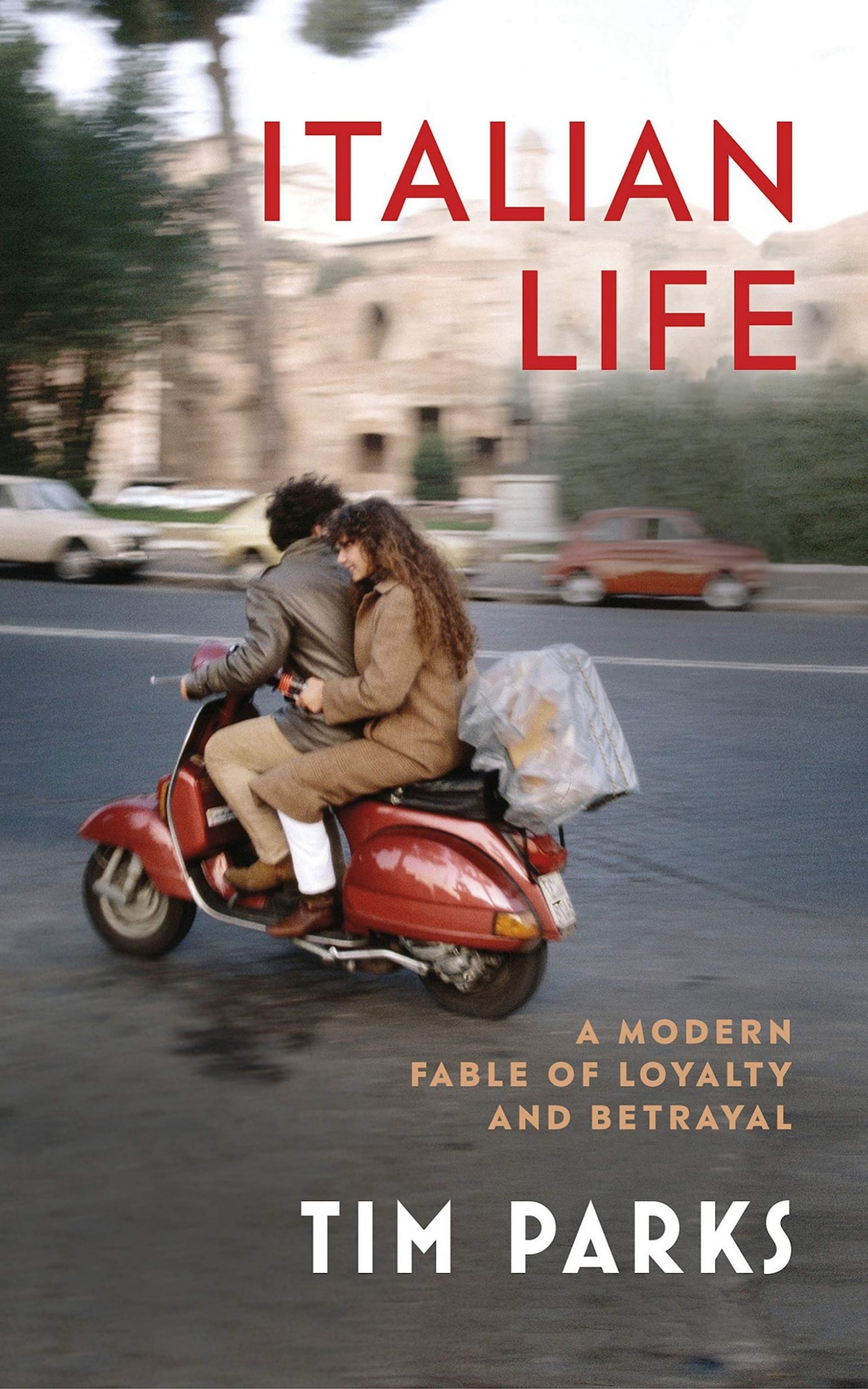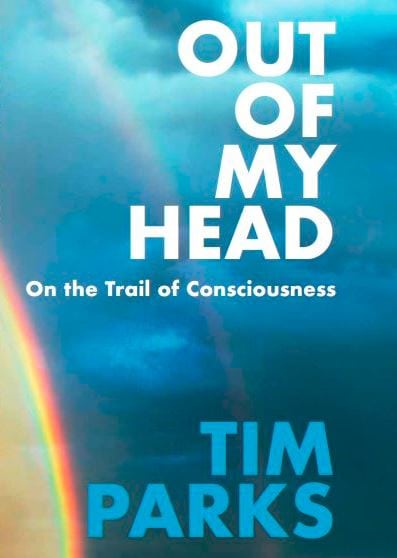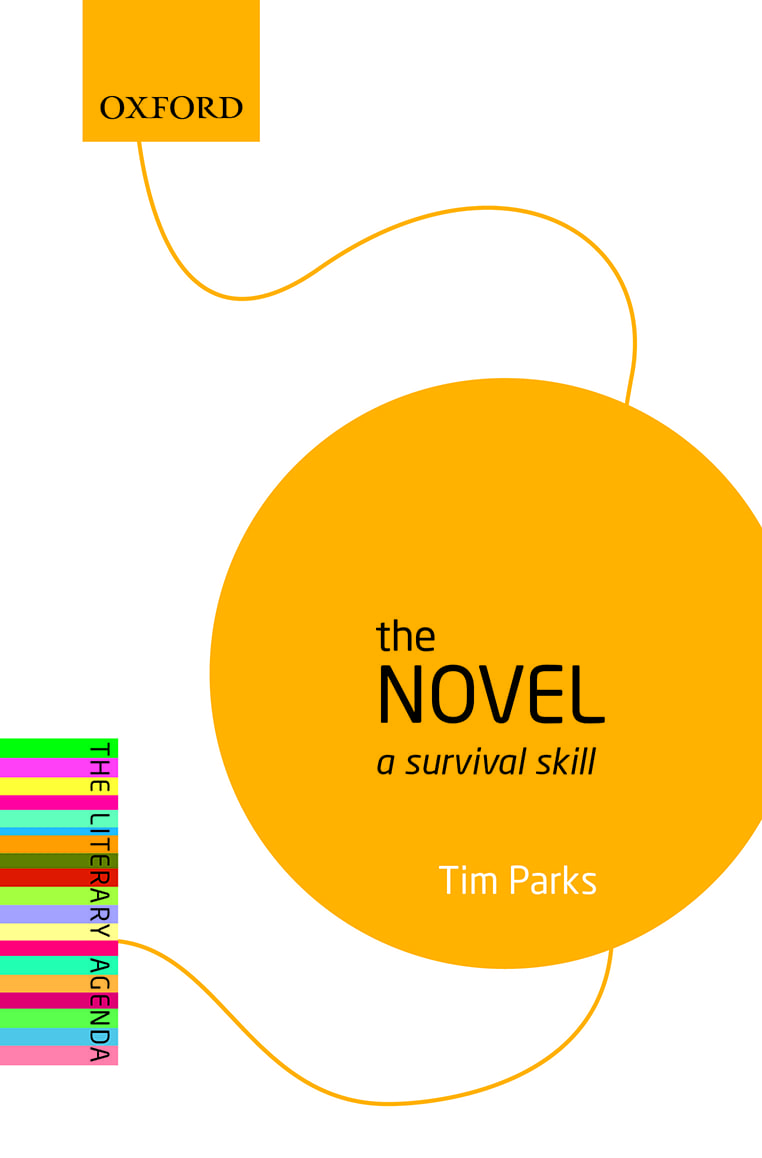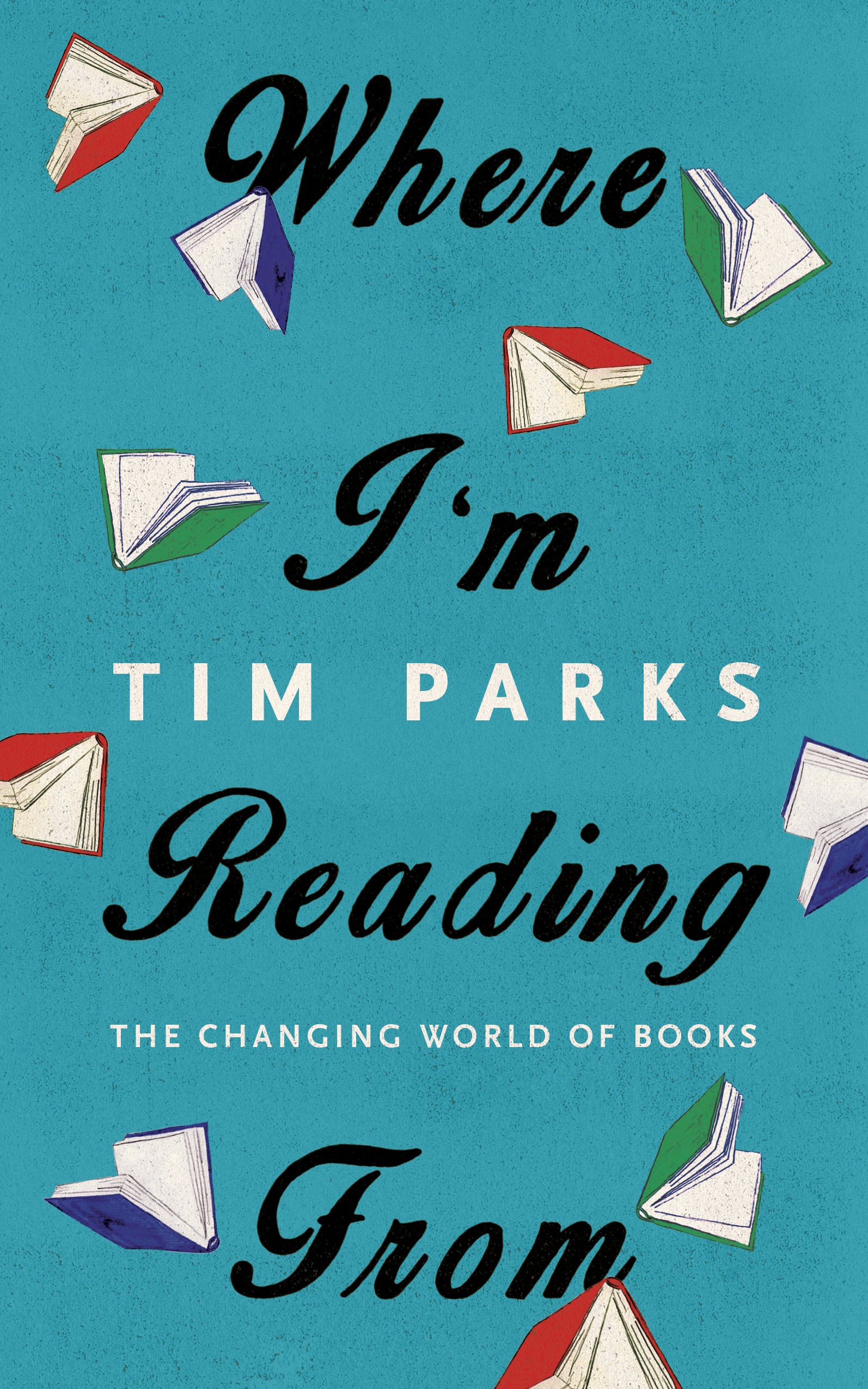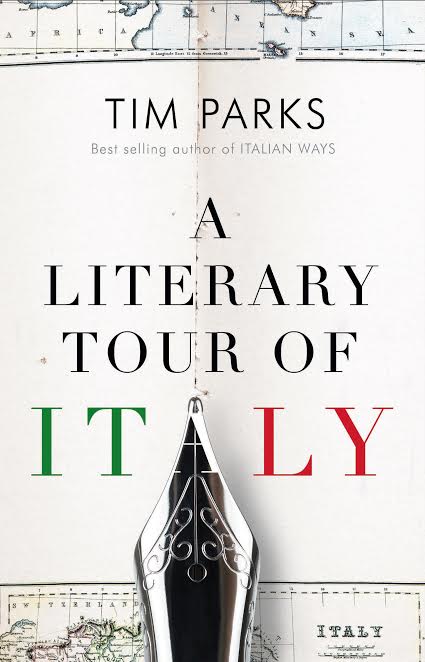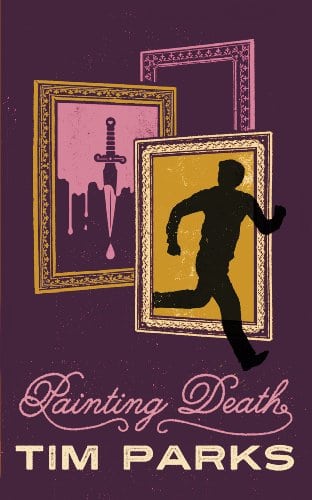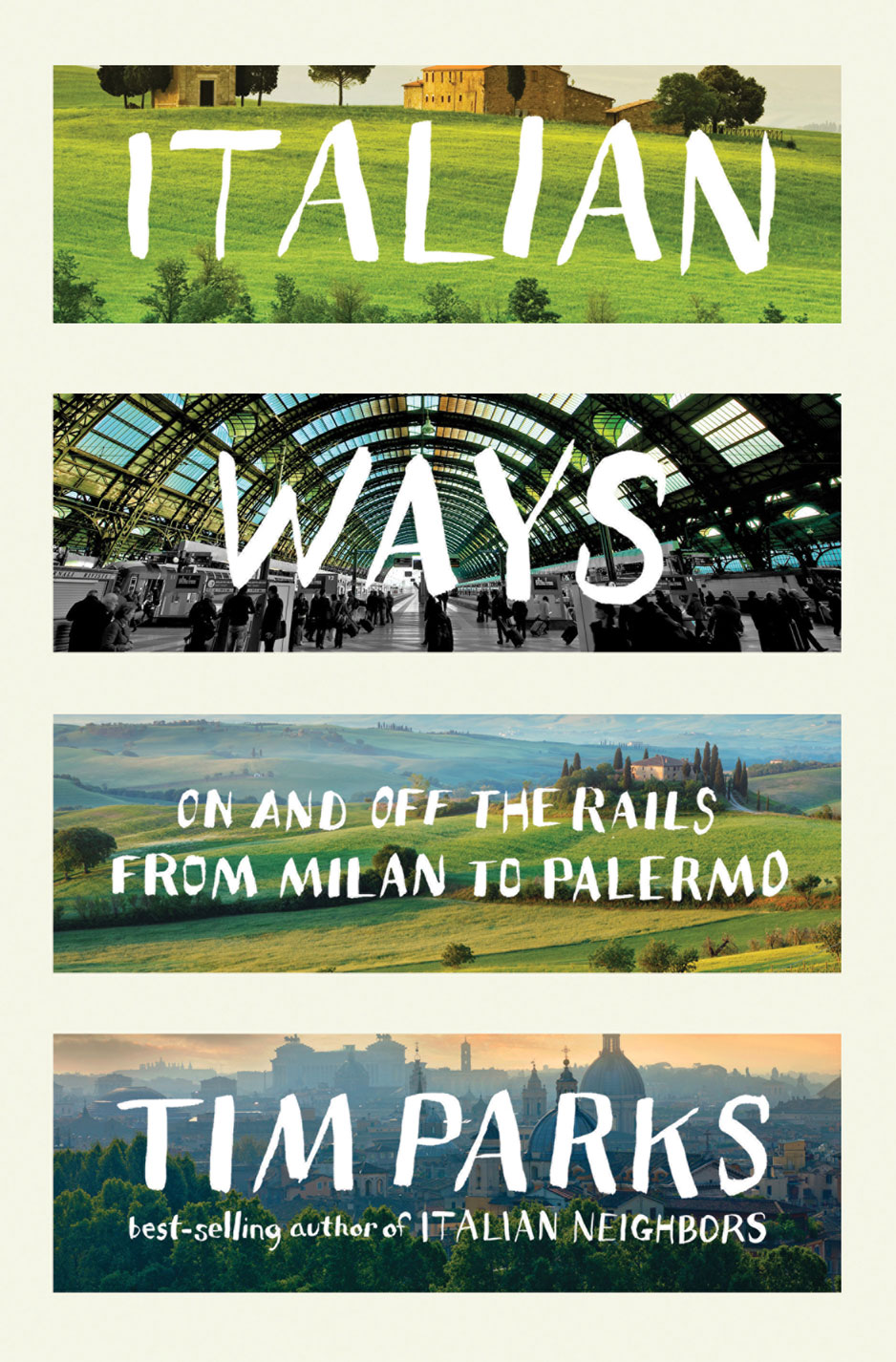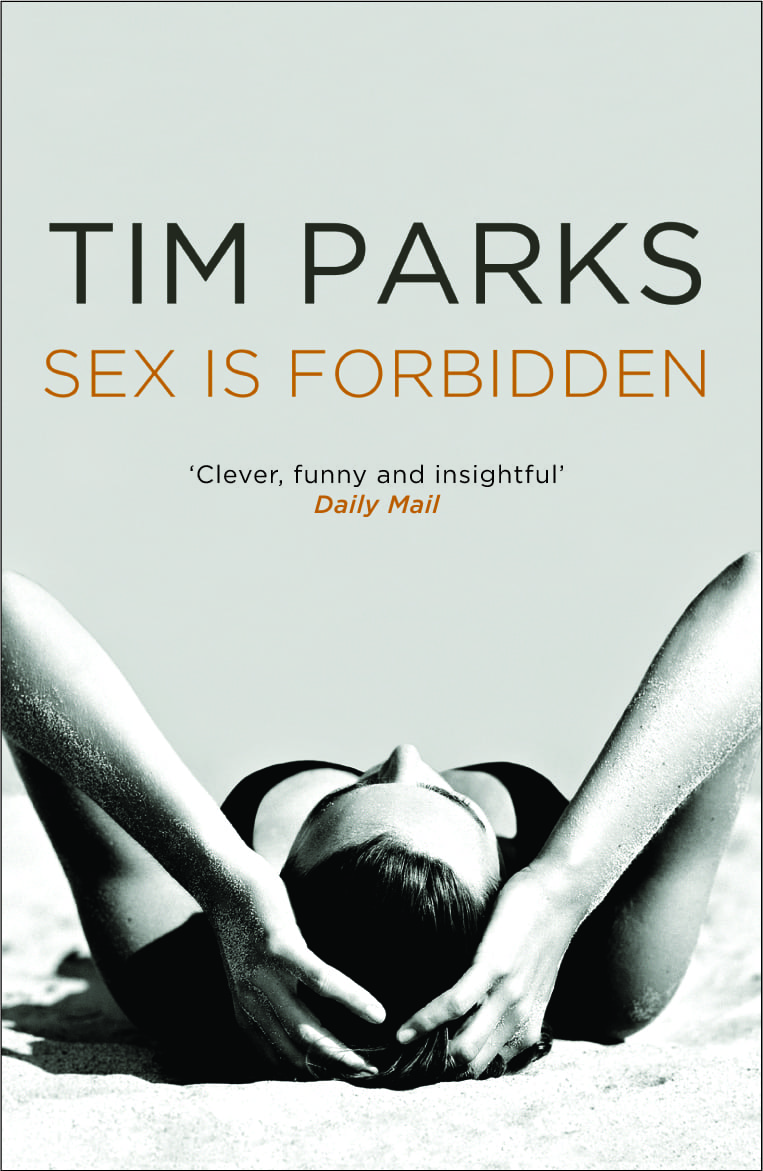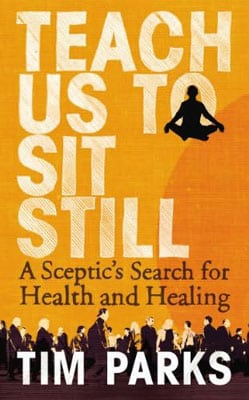Double trouble in Delhi
Indra Sinha acclaims Tim Parks’s haunting study of anthropology and emotion
The Guardian, Saturday, 9th August 2008
By Indra Sinha
Tim Parks prefaces Dreams of Rivers and Seas with a message to his prospective readers: “Those familiar with [the anthropologist and linguist] Gregory Bateson and his work will realise that I have used elements from his life and writings to create the character of Albert James . . . Readers who want to find out about [Bateson’s] remarkable work should certainly not consult these pages, which are entirely fictional.”
Albert is already dead when the story opens, but his character dominates every page. Although he had lived frugally in Delhi with his doctor wife, he was a world-renowned epistemologist, a great mind who thought differently from the rest of us. His conversation was a brilliant melange of concepts and ideas drawn from biology, anthropology, kinesics, proxemics. He conceived “delicate self-correcting cultural ecologies”, but was incapable of speaking or writing a plain word. In the margin of an article on cybernetics and invertebrates, his son finds scribbled: “Drink every evening ceremonial substitute for thing that hasn’t happened – but what thing?”
If this seems to promise a difficult, trying read, let me reassure you at once. The book is a rapidly unfolding mystery that hints at suicide, murder and madness, and builds to a wrenching climax. Parks cleverly limits us to glimpses of Albert’s bizarrely fecund mind through the irritation, incomprehension and admiration respectively of Helen, his cool widow, John, his suffering son, and Paul, his would-be biographer.
Helen and Albert were each other’s lives. They had lived all over the world, in Africa, New Guinea; Helen working long days selflessly without pay in shabby clinics where the poorest came to die, Albert accompanying her everywhere, observing patterns, gestures, rituals. But in Delhi, he was diagnosed with prostate cancer.
John, on the threshold of adult life yet dependent on parents who treat him as an inconvenience, is a moving mixture of self-assertion and puppyish need. He loves and is proud of his famous father, but hurt by his apparent indifference. John is all confusion. Why, when prostate cancer can be held at bay for years, did his father die so suddenly? Does his girlfriend – or, for that matter, his mother – really love him? What is the meaning of the unfinished letter from his father, posted by a mysterious stranger, which speaks of dreams of rivers and seas? Why was his father studying spiders’ webs when he died? Why did he always speak in riddles? John, assailed by Delhi-belly and attacks of a more sinister kind, must simultaneously cope with his loss and the incomprehensible culture of India.
The riddles are intended for us as well, and the search for answers compels us to confront the pathological nature of the modern world, in which leaders pay lip-service to religious fairytales while the truly sacred is trampled. Certainly this is true of the novel’s portrayal of India. Parks demonstrates a canny knowledge of modern Indian politics: the darkness behind the superpower fantasy, corrupt politicians, violent police, hundreds of thousands of farmer suicides. He notes the media’s obsession with celebrity and trivia, its disparagement of dissident intellectuals such as Arundhati Roy and Pradip Krishen.
Parks’s impressions of India are authentic and unsentimental. Only in the realm of sex does he succumb to the temptation to be exotic; almost everyone in the book either has, or soon will have, slept with almost everyone else. However, the novel’s real territory is the mind. As it moves to its denouement, the straightforward narrative starts to be jarred by odd shifts of tense from past to present and back again, often several times within a page. In a writer as fastidious as Parks, this cannot but be deliberate; he means to unsettle the reader and one soon comes to understand why.
The key is the growing turmoil in John’s mind. When he asks about Albert’s study of spiders’ webs, his mother instead talks of his father’s work on how artificial perfumes mimic and mask natural pheromone signals, causing unease and confusion. “The lady’s smell invites but her behaviour rebuffs.” There could hardly be a better metaphor for their own behaviour towards their son, or a clearer example of the conflict between message and behaviour that Albert’s original, Gregory Bateson, called “double bind” and identified as a cause of schizophrenia in children. Ironically, neither Albert nor Helen recognises the emotional violence they have inflicted on their son, the outsider in their perfect marriage.
The clue at the beginning of the novel constantly nags at us. Readers who don’t know Bateson should not look here for information about his life and work. Where then? Parks often refers to the web, in one place even giving Google results. A search quickly finds John Brockmann’s centennial lecture on Bateson, who is quoted as saying, in the opaque style of his fictional counterpart: “Epistemology itself is becoming a recursive subject, a recursive study of recursiveness. So that anybody encountering the double bind hypothesis has the problem that epistemology was already changed by the double bind hypothesis, and the hypothesis itself therefore has to be approached with the modified way of thinking which the hypothesis had proposed.”
This is exactly the position in which we, as readers, find ourselves. To get the most from this haunting and accomplished novel, we must go back to Bateson before returning to James; after that, it is hard to know where one leaves off and the other begins, but the book begins to shine with previously hidden patterns. The finale, when it comes, is unexpected and terrifying. Dreams of Rivers and Seas is a book that has already repaid a second reading; I am sorry not to see it on the Booker longlist.





